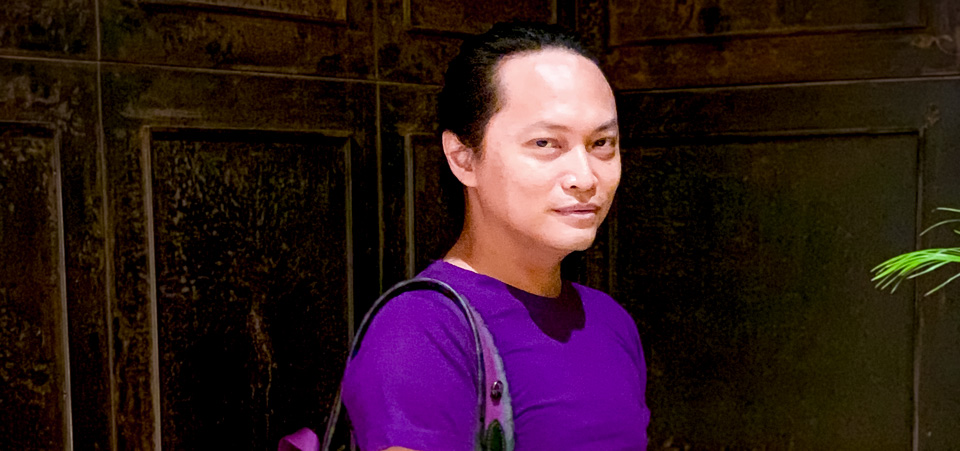From where I stand: “Young people must speak up and act to protect LGBTIQ people and women in Indonesia”
Rudolf Bastian Tampubolon is Founder of Perkumpulan Berdikari dan Setara (Free and Equal Rights), a non-profit organization based in Jakarta that advocates for the rights of vulnerable and marginalized people in Indonesia.Date:

Indonesia is unique with its communities of diverse religions living together in tolerance from west to east. But when sexism, extremism and patriarchy converge, the result always is oppression of LGBTIQ people and women in almost in all aspects of their lives.
Patriarchal values still predominate in the societies of Indonesia. Sexism permeates all levels of daily lives, including in work and public spheres. And it is even worse in political decision-making: LGBTIQ people are treated as tokens and women are sexually objectified by men in almost all decision-making processes. They are not treated as equal partners who can help better Indonesia society.
We need to put gender issues in the mainstream of society so as to close the gap in rights, and encourage meaningful engagement of LGBTIQ people and women in all processes.
Together with activists of other women’s organizations, I am contributing to the civil society report of the 25th annual review of Indonesia’s implementation of the Beijing Platform for Action. We are reporting on the situations of LGBTIQ people and of women in relation to poverty, health and legal mechanism/institutions.
This work has convinced me that young people are key and should be actively engaged in this conversation. Many of our rights are being discussed in the review of the Beijing agreement. As citizens, we must hold our governments accountable for how they spend our taxes for national development.
It is time for us to be more aware of how our governments’ actions will impact our futures and the futures and rights of our children and grandchildren. If we don't act now, it may become too late to claim our rights.
With the right investments, we can combat poverty. Combined with patriarchy, poverty hinders our efforts to achieve gender equality. If patriarchy can be eradicated, women and other marginalized groups can be empowered. For this, we need commitments from all partners and we need people to monitor the implementation of these commitments.
Young people also need to assist each other in advocacy and in efforts to promote capacity-building and mutual understanding. It is important to raise awareness about gender equality and women’s rights among our peers, and to assist others to be more aware about and more proactive on the rights of women and other vulnerable groups.
It is also very important to use social media wisely, particularly for campaigns such as disseminating information on the importance of the Beijing Platform for Action.
I suggest young people work together and build intergenerational dialogues. We need to start conversations with our parents and grandparents and show them the importance of achieving gender equality and how it affects their daily lives.”
Bastian, 35, first got involved with the Beijing Declaration and Platform for Action in 2014, when ze participated in the Civil Society Forum in Bangkok as part of the Asia-Pacific Beijing+20 review process. Ever since, ze has been working with Gerakan Perempuan Peduli Indonesia (Women Movement for Indonesian Development) to promote the rights of women and other minority groups aligned with the Beijing Platform for Action and the United Nations Sustainable Development Goals. Bastian’s work supports Sustainable Development Goal 5, on empowering all women and girls, as well as Goal 10, on social, economic and political inclusion.
Bastian’s preferred pronoun is the gender-neutral "ze".